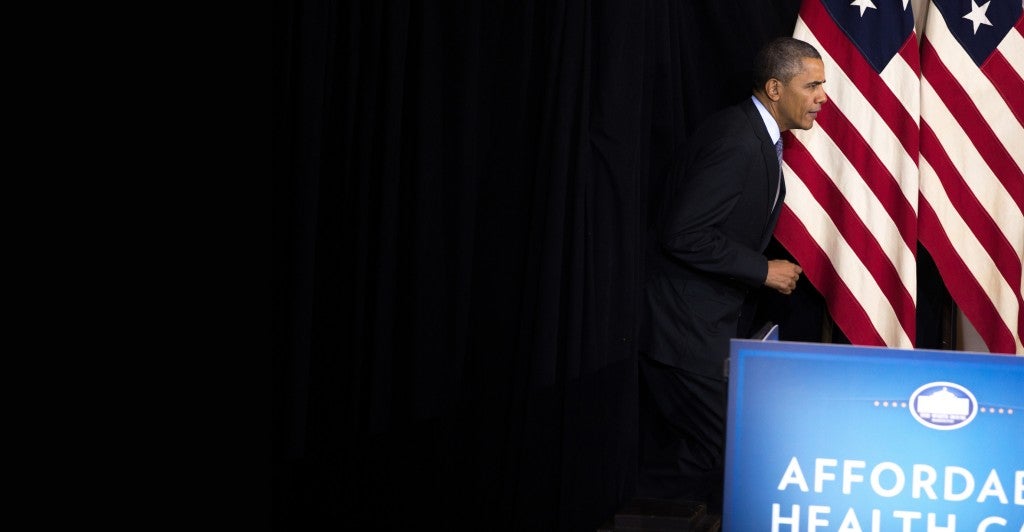Some of Obamacare’s big supporters say the new law has already contributed to decreases in the rate of growth of health spending.
But a new report from the Center for Medicare and Medicaid Services Office of the Actuary says the rate slowed because of a slow economic recovery, increased cost-sharing for those enrolled in private plans and sequestration.
>>> Chart: These 6 Firms Behind Obamacare Website Got Most of Your Money
Indeed, the report does not even mention Obamacare when assessing the situation.
“The recent period is marked by a four-year historically low rate of health spending growth, which is primarily attributable to the sluggish economic recovery and constrained state and local government budgets following the 2007-09 recession,” the report states.
Here are three other takeaways:
- The health care spending growth slow-down is expected to end. In 2014 and beyond, health spending is expected to rise faster again, from 3.8 percent in 2013 to 5.6 percent in 2014 and 6 percent per year from 2015-2023. This is mainly because of the coverage expansions in Obamacare, an aging population and improving economic conditions. National spending on health care is expected to grow from 17.2 percent of the U.S. gross domestic product in 2012 to 19.3 percent of GDP in 2023.
- Government’s role in health care financing is expanding. Obamacare increases health care spending, namely through its Medicaid expansion and exchange subsidies. Now that these programs have taken effect, they are expected to increase overall health care spending but particularly government health care spending. The government’s share of total health care spending is projected to grow from 44 percent of all health spending in 2012 to 48 percent in 2023.
- Small gains in private coverage projected for this year. The OACT projects that in 2014, about 9 million people will gain insurance coverage. But nearly 8 million of those are expected to gain coverage via Medicaid, and only 1.5 million through private health insurance enrollment—less than a million of those through individually purchased insurance, which includes Obamacare’s exchanges.
